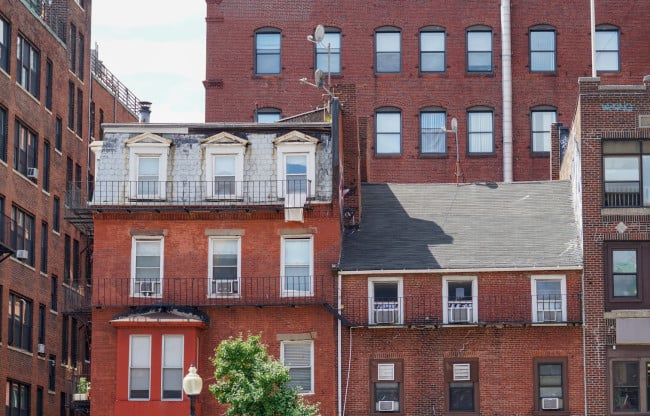What should I do if my NYC house doesn't have a certificate of occupancy?
I bought a house, everything cleared at the title check, and then I found out several months after closing that the home has no certificate of occupancy. What should I do?
A certificate of occupancy is required for residential properties in New York City. The C of O describes a given building's legal use and type of occupancy, and buildings can't legally be occupied without one. It's unusual for homeowners to encounter the problem you describe, because ordinarily a buyer would learn about a house's C of O before closing, according to our experts.
“That would be a highly unlikely scenario, since a title report typically includes a copy of the certificate of occupancy, or some indication as to the fact that one does not exist, and, if so, why," says Aaron Shmulewitz, attorney with Belkin Burden Wenig & Goldman. "In addition, if there is no certificate of occupancy, a buyer’s bank would also note that prior to closing, and might refuse to close."
However, there are certain circumstances under which a C of O might be out of date or nonexistent. Buildings in New York that were constructed before 1938, when the C of O requirement was enacted, may be exempt from having one, unless subsequent alterations changed their use.
"In order to determine whether there is a requirement that a home have a certificate of occupancy, the homeowner would want to contact the DOB for the locality in which the home is located," says Jeffrey Reich, partner at Schwartz Sladkus Reich Greenberg Atlas. "If there is a requirement for a certificate of occupancy, the homeowner would want to consult with a local architect or building code consultant in order to determine the steps necessary for securing one."
You can look up any property's C of O on your own through the city's Buildings Information System. The lawyer who oversaw the closing of the sale should also be able to provide information.
"Check with the attorney who handled the transaction for the buyer, who in turn would speak to the title company and sellers counsel," advises Dean Roberts, attorney with Norris McLaughlin & Marcus.
Another potential C of O snag has to do with past renovations to the house. If a previous owner altered the building in a way that changed its occupancy (such as converting a single-family to a two-family) without updating the C of O, you'll need to address that yourself:
"Typically when the house closes, then it’s the new owners responsibility," says Deanna Kory, a broker with Corcoran.
You'll have to apply for a new C of O with your borough's DOB office, which will then inspect your house before issuing one. Your best bet may be to hire an expediter to help you navigate the process of filing the correct paperwork.
"The degree of the problem is directly related to the degree of work and effort needed to secure a certificate of occupancy," Roberts says. "While it can be difficult and prolonged [to get your house in shape to qualify for a new C of O], the process itself is not inherently complex."
Trouble at home? Get your NYC apartment-dweller questions answered by an expert! Send us your questions at [email protected].
For more Ask an Expert questions and answers, click here.
You Might Also Like




























